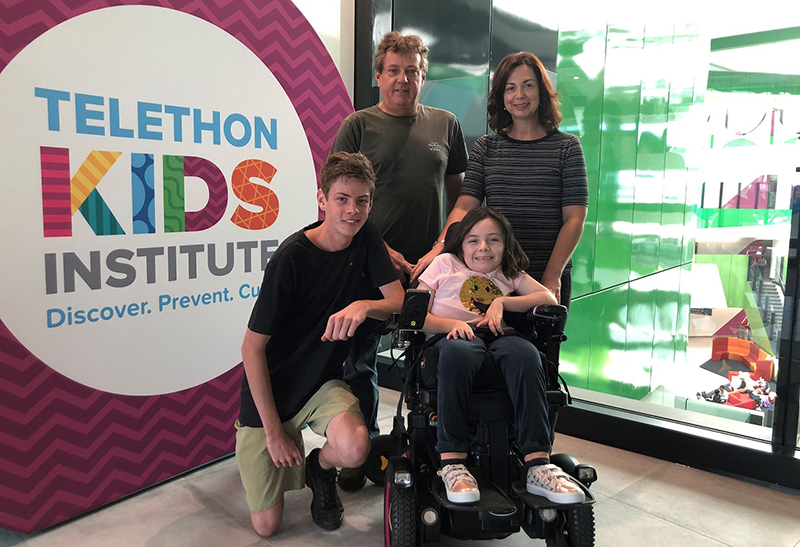Search

Discover resources and science activities for kids for the topic 'Allergies'.

News & Events
Collaboration for the kidsHow do you brighten the day of kids in the Perth Children's Hospital when you can't visit them? You work with other sparkly and generous people to

News & Events
Meet scientist NickNick is a researcher, but he doesn't wear a lab coat. His research is all about helping kids with a disability get a good night's sleep.

News & Events
Holiday fun this AprilThe school holidays are fast approaching, which only means one thing – the The Kids Discovery Centre school holiday workshops are back with an exciting program of fun and educational workshops for kids!

News & Events
Come along to our first ever Science & Sip for teachersWant to find out more about what an excursion to The Kids is all about? Join us for our first ever Science & Sip!

Keep up to date with all things Discovery Centre related by signing up to the Discovery Club. You’ll be able to log in with all your information at the centre!

The Wal-yan Respiratory Research Centre offers a broad range of outpatient and portable tests for those affected by chronic respiratory conditions.

Neuromuscular disorders include many rare conditions, such as Duchenne Muscular Dystrophy and Spinal Muscular Atrophy, that adversely impact respiratory health.
News & Events
Toxic, harmful chemicals found in popular Australian e-liquidsPerth researchers have found toxic and harmful chemicals in several dozen e-cigarette liquids readily available in Australia.
